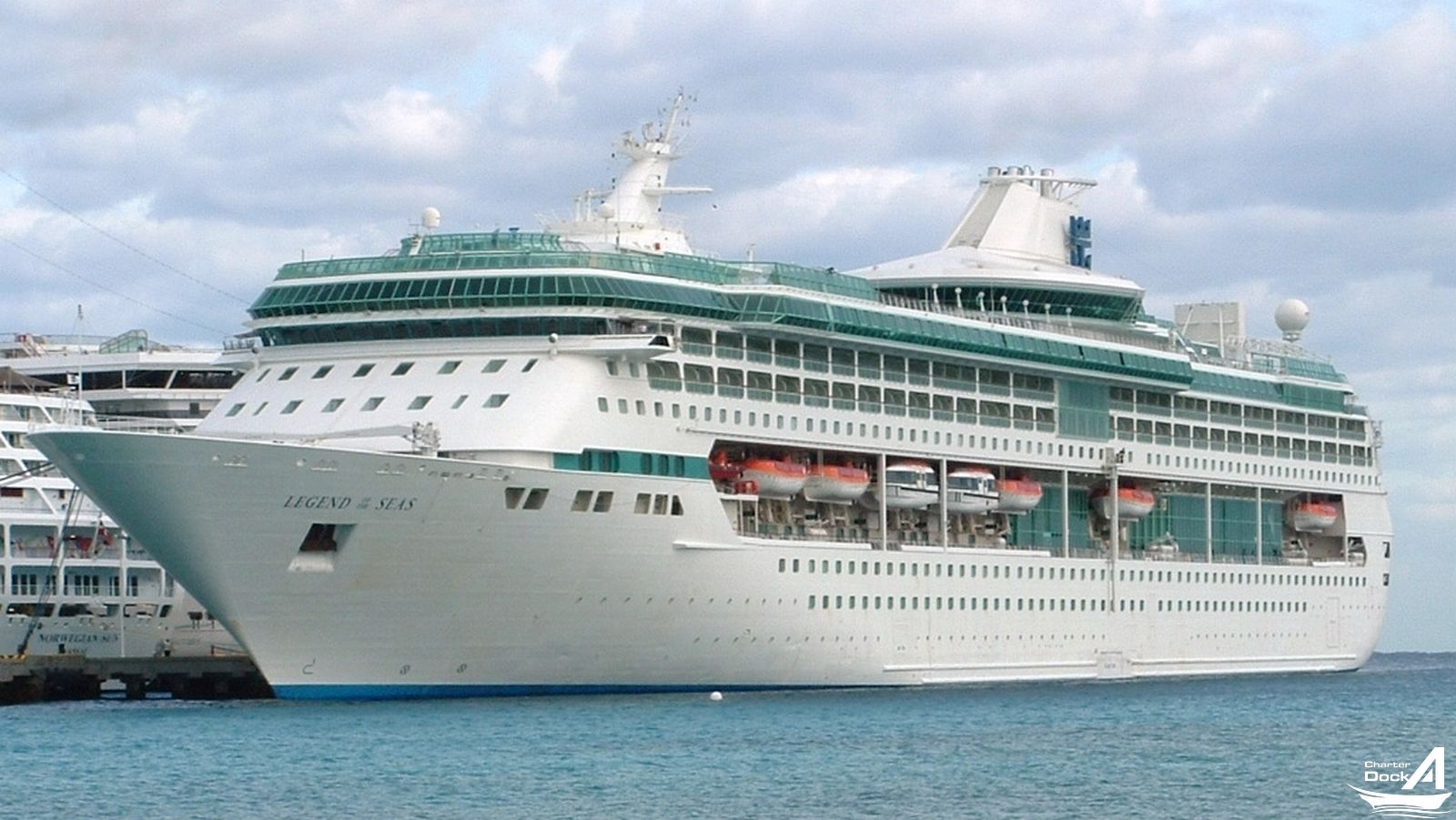Navigating the Depths: Exploring the Vitality of Phuket Deep Sea Port
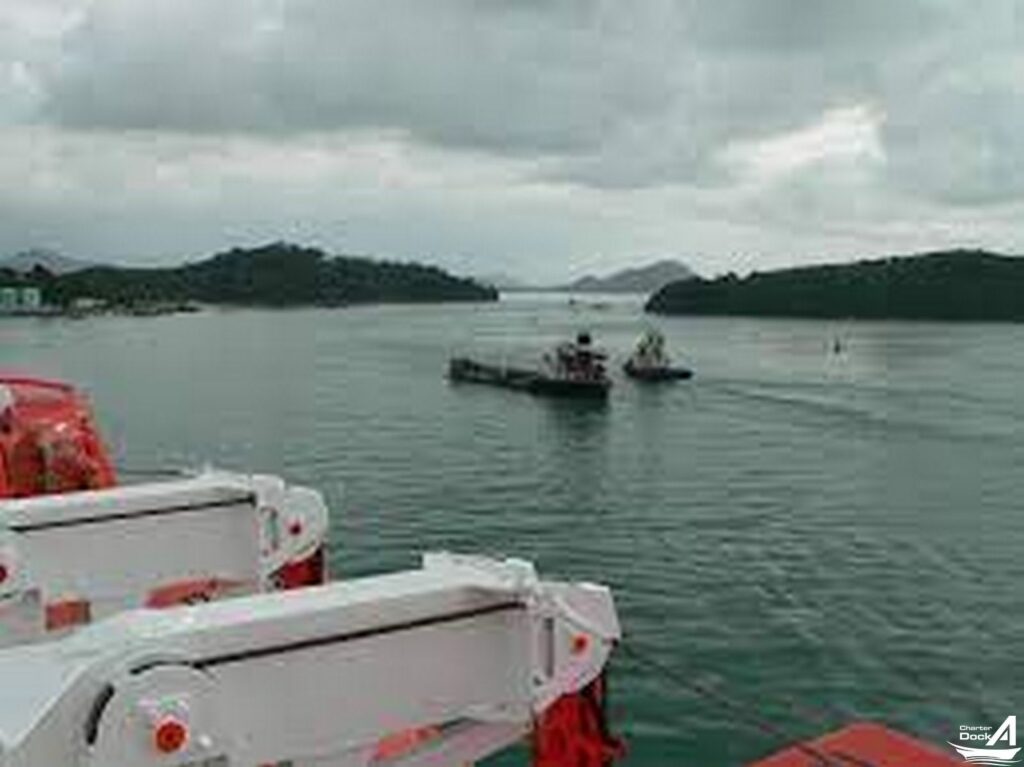
Nestled along the southern coast of Thailand, Phuket stands as a jewel of the Andaman Sea, renowned for its stunning beaches, vibrant culture, and rich maritime heritage. Amidst the bustling energy of this island paradise lies a cornerstone of its maritime infrastructure: the Phuket Deep Sea Port. As a gateway to international trade and a hub for maritime activities, this port plays a pivotal role in the economic vitality of the region.
A Brief History
The history of the Phuket Deep Sea Port is intertwined with the island’s maritime legacy. While precise records of its origins may be scarce, historical accounts suggest that Phuket has long served as a strategic trading post, welcoming merchants and sailors from distant lands.
Over the centuries, as maritime trade evolved and expanded, the need for a modern port facility became increasingly evident. Recognizing this necessity, the Thai government embarked on a journey to develop Phuket into a maritime hub capable of accommodating large vessels and fostering international commerce. Thus, the Phuket Deep Sea Port was born, emerging as a testament to Thailand’s commitment to maritime development.
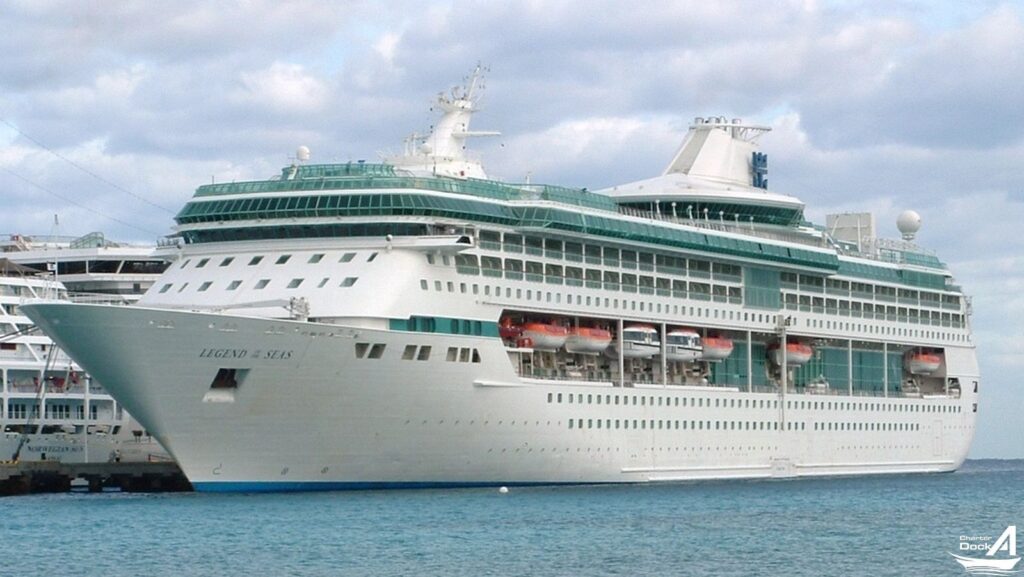
Infrastructure and Facilities
Situated on the southeastern coast of Phuket Island, the Phuket Sea Port boasts state-of-the-art infrastructure designed to handle a diverse range of maritime activities. Its deep-water berths can accommodate container ships, bulk carriers, cruise liners, and other large vessels, facilitating both domestic and international trade.
Equipped with modern cargo-handling equipment and facilities, the port efficiently manages the loading and unloading of goods, ensuring swift turnaround times for vessels. Additionally, the port offers comprehensive services including customs clearance, warehousing, and logistics support, making it a preferred choice for businesses engaged in import and export activities.
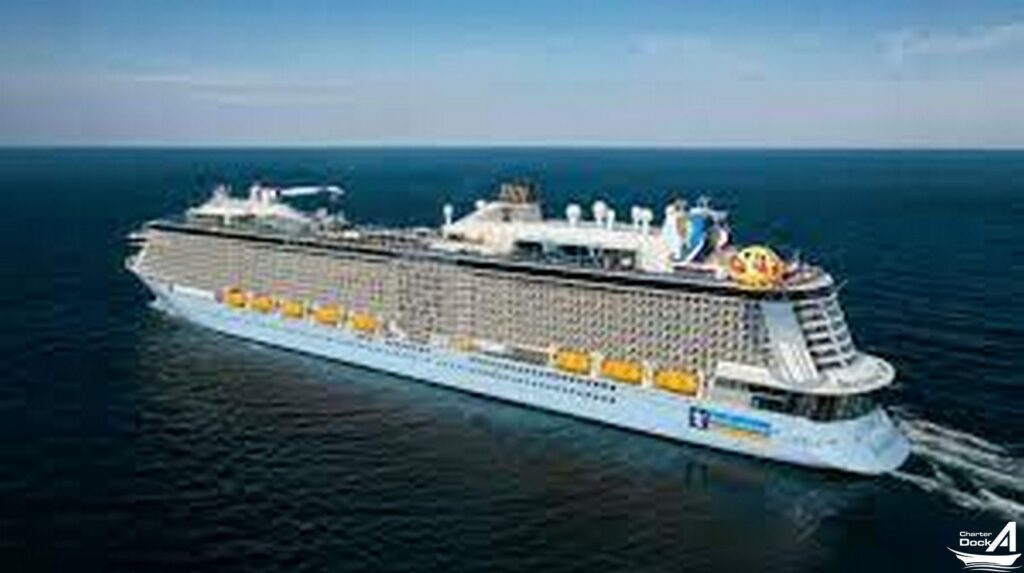
Economic Impact
The Phuket Deep Sea Port serves as a catalyst for economic growth and prosperity in the region. By facilitating the movement of goods and commodities, the port contributes significantly to Thailand’s trade dynamics, enabling the flow of goods to and from global markets.
Moreover, the port’s strategic location in Phuket enhances the island’s appeal as a tourist destination, attracting cruise ships and yachts from around the world. The influx of visitors not only stimulates the local economy but also creates opportunities for hospitality, entertainment, and tourism-related businesses.
Environmental Considerations
Amidst its economic importance, the Phuket Port remains committed to environmental stewardship and sustainability. Recognizing the ecological sensitivity of coastal areas, the port implements measures to minimize its environmental footprint, including waste management practices, pollution control measures, and ecosystem conservation efforts.
Furthermore, the port collaborates with local authorities, environmental organizations, and community stakeholders to promote eco-friendly practices and ensure the preservation of Phuket’s natural beauty for generations to come.
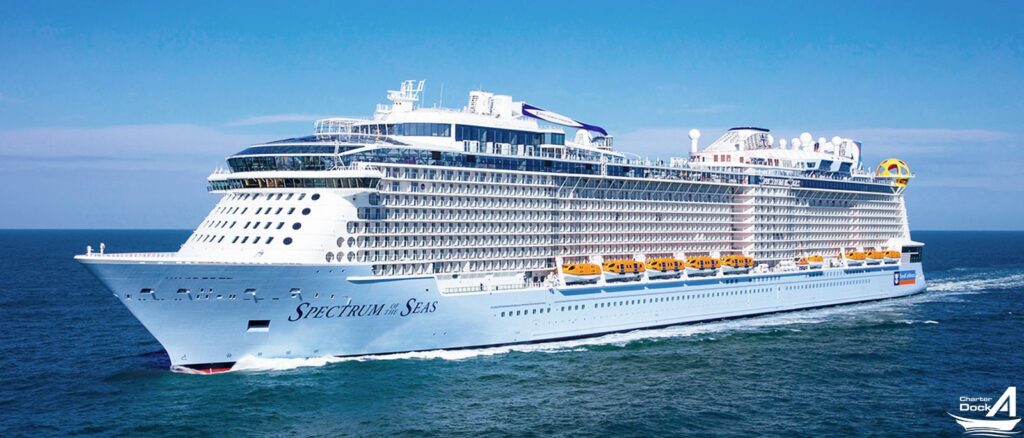
In conclusion, the Port stands as a vital artery of maritime commerce, connecting Thailand to the global economy and supporting the island’s growth and development. From its humble beginnings rooted in centuries of maritime tradition to its current stature as a modern port facility, Phuket Deep Sea Port continues to play a pivotal role in shaping the economic landscape of the region.
As Phuket continues to evolve and thrive, the port remains poised to adapt to the changing needs of the maritime industry, embracing innovation, sustainability, and efficiency. With its strategic location, advanced infrastructure, and unwavering commitment to excellence, the Phuket Deep Sea Port is not just a gateway to the sea but a beacon of opportunity, prosperity, and progress for generations to come.
Deep Sea Port (Google) Charter Dock A

